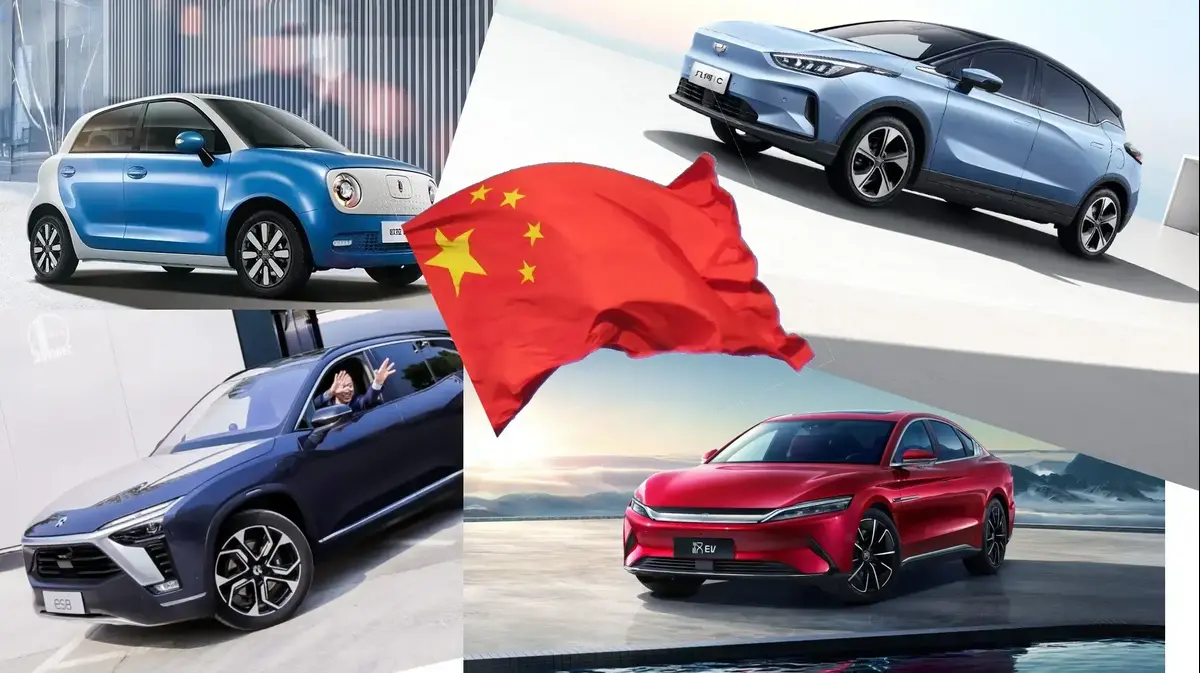Enlarge image
US President Biden: World in Good and Evil
Photo: Doug Mills / POOL / EPA
American presidents love to divide the globe into good and bad.
George W. Bush spoke of the "axis of evil" that stretched from Iran to North Korea.
For Donald Trump, "America First" stood more or less against the rest of the world, with the exception of the Brazil of his sympathetic friend Jair Bolsonaro.
So it comes as no great surprise that Joe Biden also sent a clear message when he set out for the summit of the seven western industrialized nations in Cornwall this weekend. “The market-based democracies must set the rules for the 21st century,” he demanded, and not “China or others”. This made it clear how the new US president sees the world: as the scene of a great systemic competition between the united West and the autocratic People's Republic.
From a European point of view, it is already a step forward that the most powerful man in the world sees Europeans as friends and not as opponents like Trump.
And yet the Germans and other Europeans should not allow themselves to be driven into an economic war in which they have little to gain but much to lose.
Europe and the US have common values - but when it comes to China, they have very different interests.
The US speaks in two tongues
The trade balance of the USA with the People's Republic shows a huge deficit, that of the Europeans and especially the Germans, on the other hand, is in the black. The Americans see the People's Republic as a military and technological rival, for the Europeans China is a growth market in which their auto, chemical and mechanical engineering companies do brilliant business. In the post-corona phase more than ever. Given these data, anyone who wants to isolate Beijing economically, as some in the USA are planning to do, is talking about a trade conflict that Berlin and Brussels in particular should have to wage.
The Europeans cannot be interested in this, especially since the Americans often speak in two tongues when it comes to China. While the word "decoupling" is making the rounds in Washington, Wall Street cannot become dependent on Beijing quickly enough. From Citibank to the wealth giant Blackrock, the US financial industry is currently investing heavily in the People's Republic in order to benefit from business with the emerging Chinese middle class. When the Europeans recently wanted to secure similarly good conditions in an investment agreement with Beijing, there was great anger in Washington. This is how you have to do it if you want to create the impression in Europe that the USA is not concerned with democracy and the rule of law, but with its own business.
Of course, the US and Europe should join forces to counter the growing influence of Beijing. But to do this, the West would have to develop an offensive strategy that does not rely on isolation and trade barriers, but on economic and technological superiority. But that is a problem, and the fault lies not only with the Europeans.
Nothing would have more of an impact on global economic conditions than an ambitious transatlantic trade agreement. But talks about it already failed under Obama, and Biden has indicated that he does not want to start a new attempt. Instead, it promises US industry comprehensive protection from foreign competition, including from Germany and France. Trump's tariffs on European steel and aluminum imports remain in force, and attempts to strengthen economic cooperation by the West are not making progress in other areas either.
There is talk of a technology alliance between the EU and the USA;
Washington and Brussels cannot even agree on standards for electronic data exchange at the moment.
Climate protection is a priority on both sides of the Atlantic.
But when it comes to finding the right rules in the fight against global warming, those in power take very different paths.
While Washington wants to subsidize renewable energies, the EU is banking on rising CO2 prices: two strategies that experts say are difficult to reconcile.
A common agenda for a westernized global economy
What weighs most heavily, however, is that the West is leaving world trade to China.
While Beijing is founding new powerful economic blocs in economically emerging Asia, the US has withdrawn from the relevant negotiations, and Biden is obviously not willing to change anything.
Europe has negotiated a free trade agreement with the South American Mercosur countries, but does not want to sign it for environmental reasons.
The West is leaving the field to China, which has been expanding its influence in Asia and South America for years.
If the G7 states want to counter this, they would have to develop a common agenda for a westernized global economy: European-American standards for future technologies such as artificial intelligence and digital radio, uniform rules for the fight against the greenhouse effect.
Such projects could curb China's influence more than any new sanction against Beijing's leadership or another technology boycott against Chinese state-owned corporations. Anyone who calls for a conflict between good and bad should pay attention to two things. He has to find the right allies - and have a good battle plan.




/cloudfront-eu-central-1.images.arcpublishing.com/prisa/KS357MBXNLBPPP6AI5IB3JJGCQ.jpg)
/cloudfront-eu-central-1.images.arcpublishing.com/prisa/OORXB2YNDLANHK3OYLEUMD7SPM.jpg)








